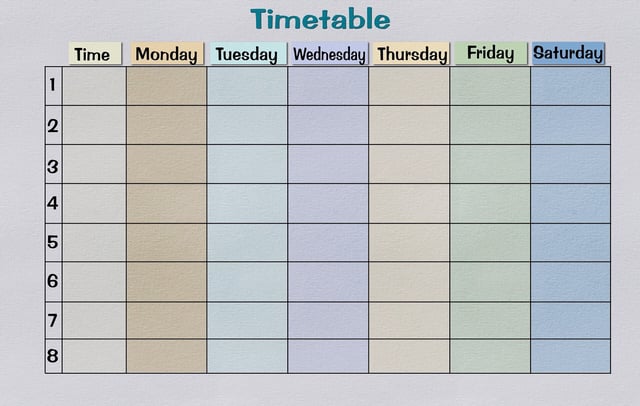Overview
- A six-month trial of 2,896 workers at 141 companies across Australia, Canada, Ireland, New Zealand, the UK and the US cut burnout and raised job satisfaction, mental health and physical well-being.
- Companies spent eight weeks overhauling processes and cutting low-value activities, enabling productivity to stay flat or improve under the shorter schedule.
- Employees whose weekly hours fell by eight or more reported the largest gains, with even modest reductions linked to better sleep, less fatigue and higher work ability.
- A control group of 285 workers at 12 firms on a five-day week saw no similar improvements, reinforcing the four-day model’s impact.
- Researchers note the self-selecting, English-speaking sample limits generalizability and urge larger, randomized, government-backed trials to test broader adoption.



